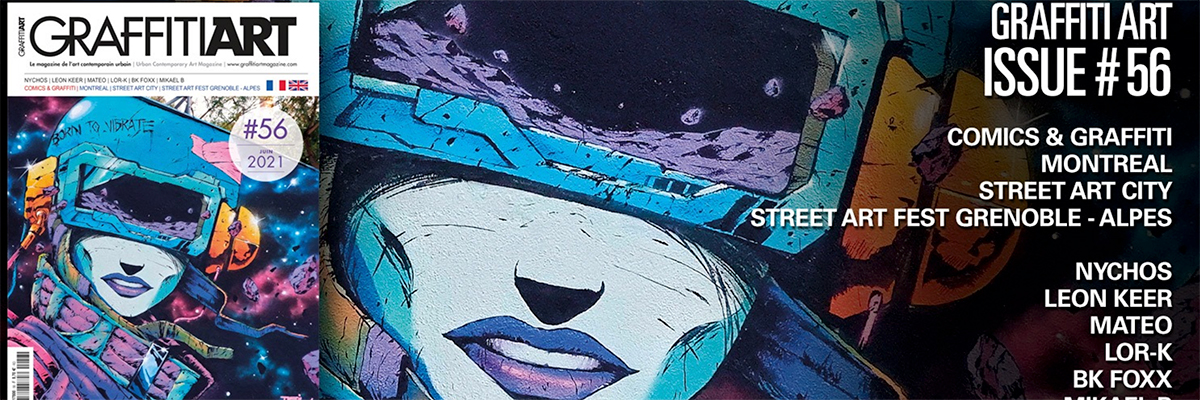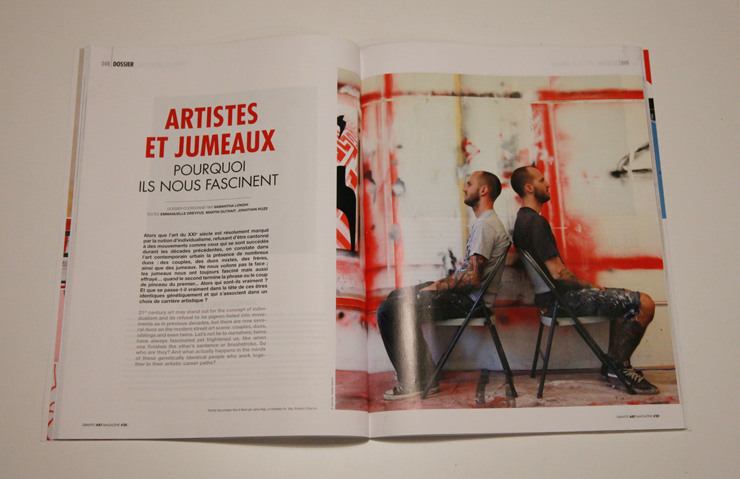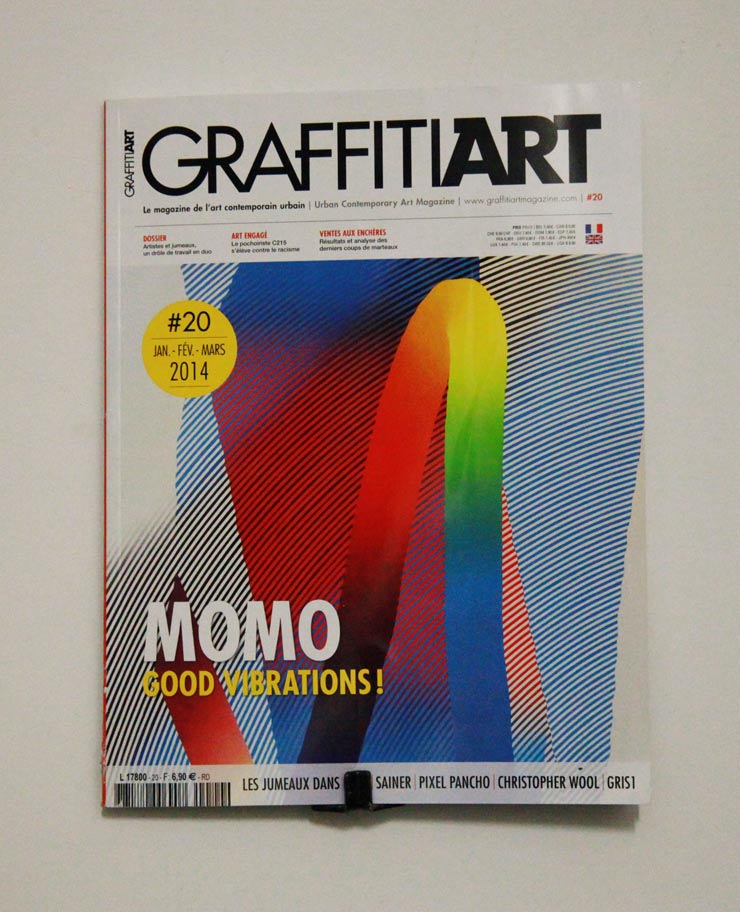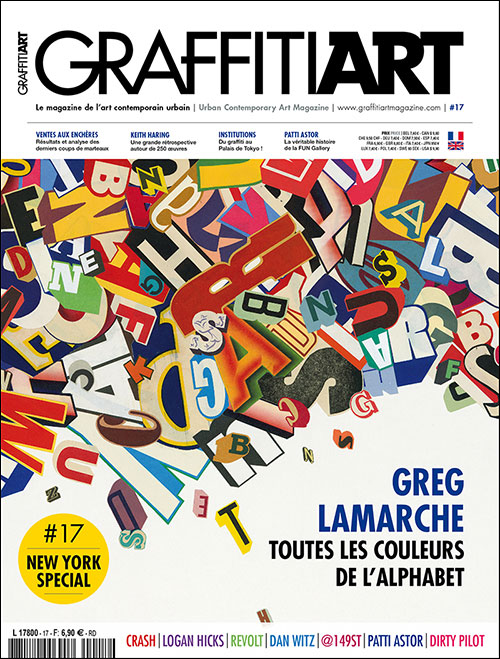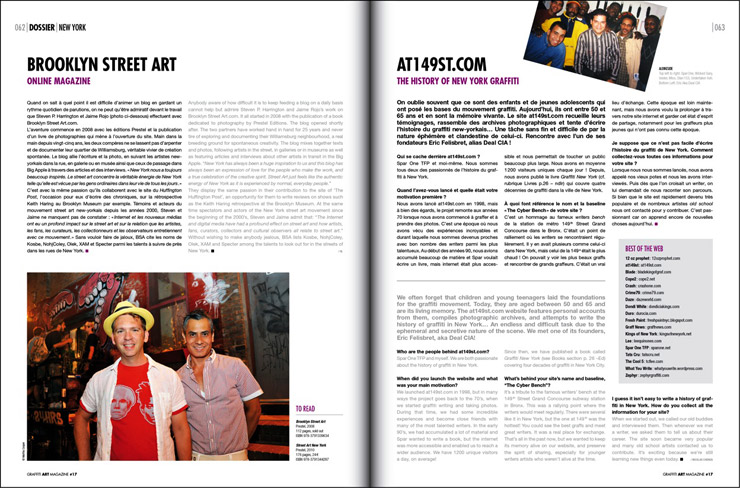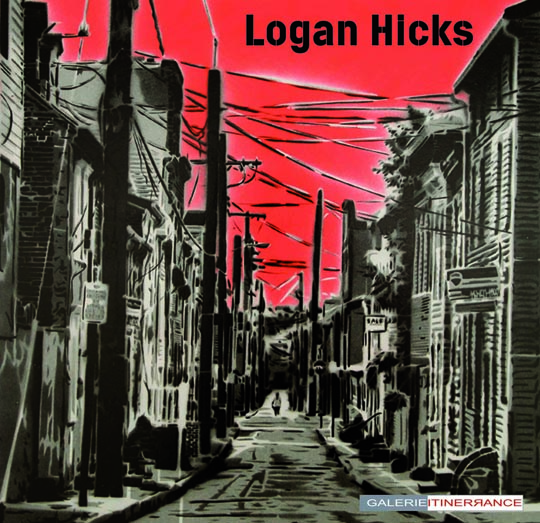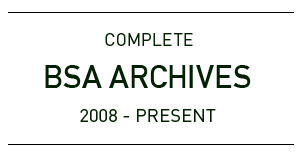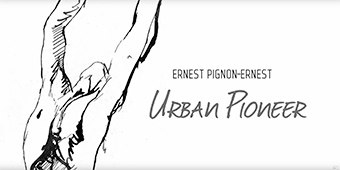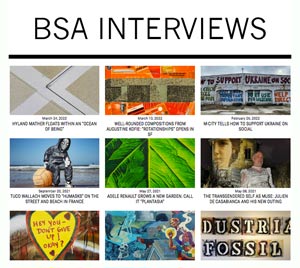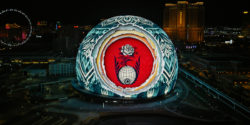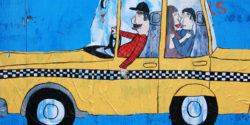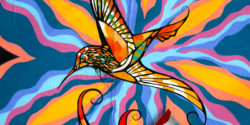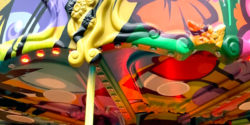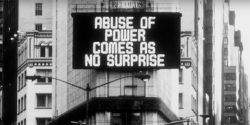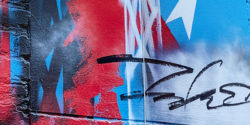We’re honored to be featured in the new issue of Graffti Art Magazine #56 in an interview about our exhibition at Urban Nation in Berlin right now, Martha Cooper: Taking Pictures.
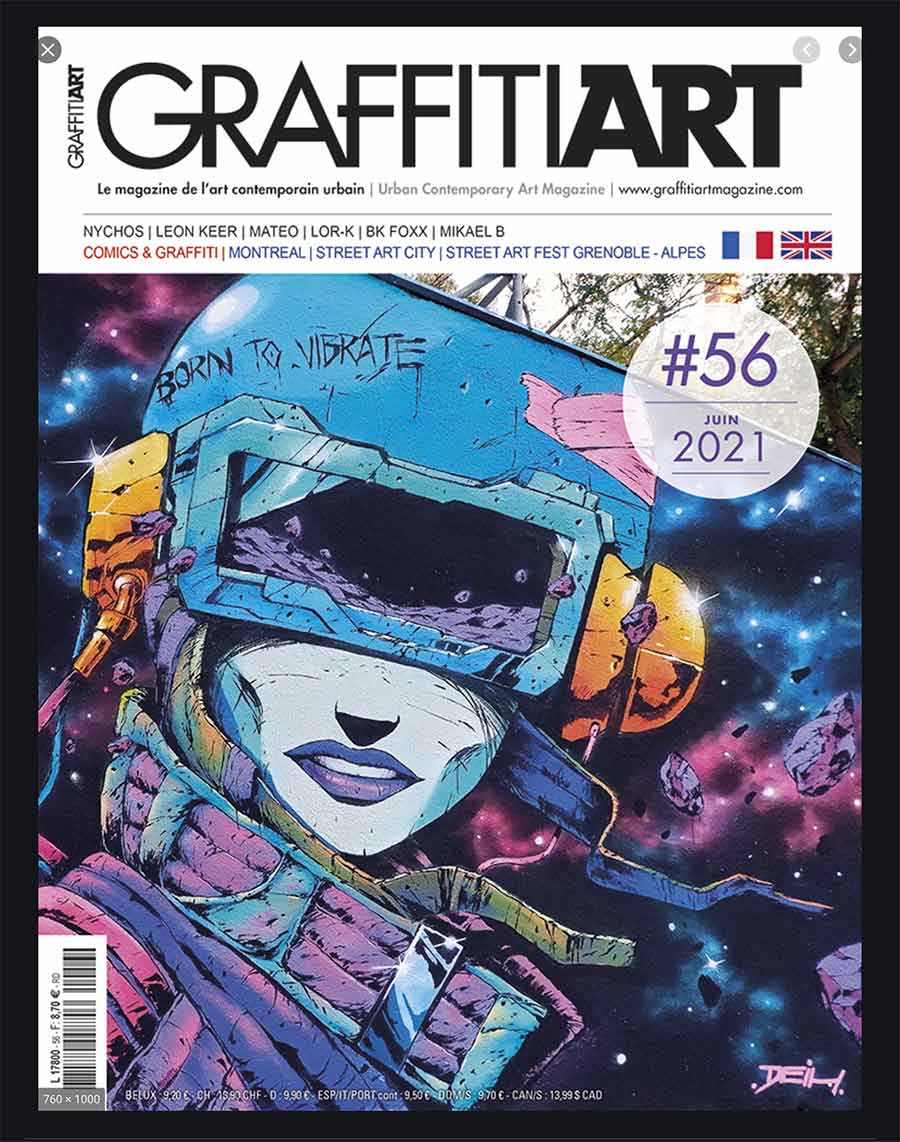
Graffti Art Magazine: Can you tell us about Urban Nation and about this unprecedented collaboration with Martha Cooper to create this impressive Martha Cooper: Taking Pictures retrospective?
Steven P. Harrington and Jaime Rojo: In Berlin, the Urban Nation Museum has a core mission to educate visitors about the many movements of art in the streets globally. We opened it in 2017 alongside a director, 7 curators, and 165 artists representing five decades and many countries. This first solo show is the museum’s third, presenting a retrospective exhibition of seven decades of Martha Cooper’s photographic career.
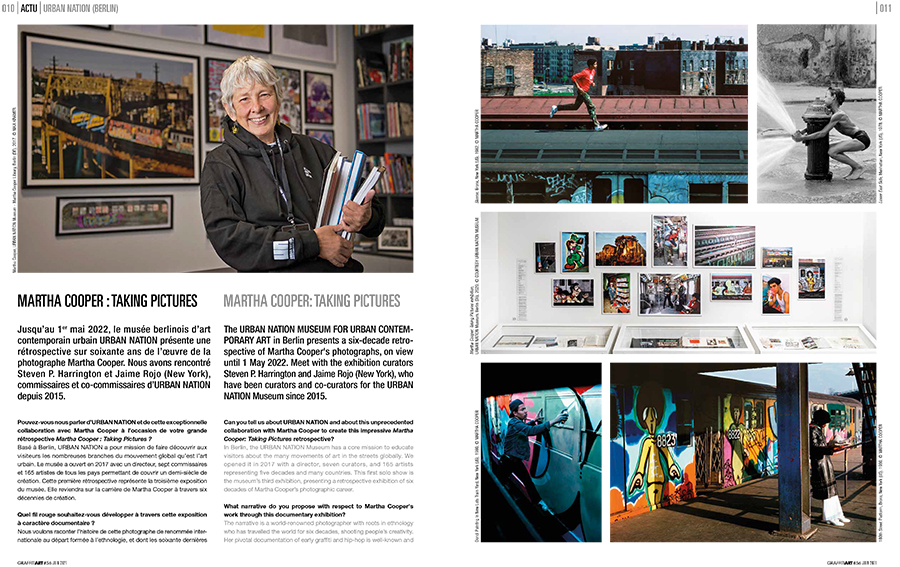
Graffti Art Magazine: What narrative do you propose with respect to Martha Cooper’s work through this documentary exhibition?
Steven P. Harrington and Jaime Rojo: The narrative is a world-renowned photographer with roots in ethnology who has traveled the world for 6 decades, shooting peoples’ creativity. Her pivotal documentation of early graffiti and Hip Hop is well-known and cherished, and we want visitors to experience it in the context of a life’s work. The most extensive career survey ever exhibited, it’s culled from Martha’s archives, personal artifacts, and collections. It’s an absorbing display of photographs, black books, ephemera, original works by artists, a video installation, and hundreds of her well-known and unseen shots.
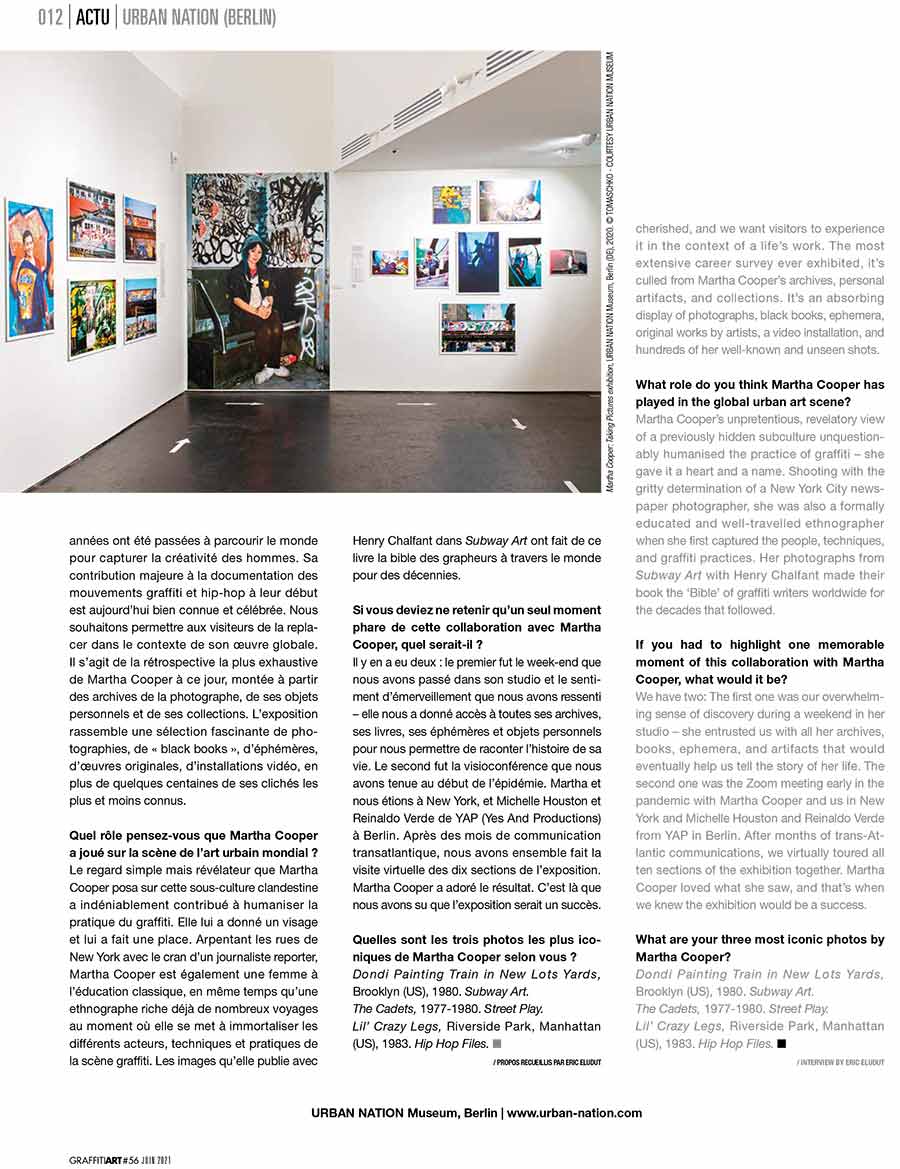
Graffti Art Magazine: What role do you think Martha Cooper has played in the global urban art scene?
Steven P. Harrington and Jaime Rojo: Martha’s unpretentious, revelatory view of a previously hidden subculture unquestionably humanized the practice of graffiti – she gave it a heart and a name. Shooting with the gritty determination of a New York City newspaper photographer, she was also a formally educated and well-traveled ethnographer when she first captured the people, techniques, and graffiti practices. Her photographs from Subway Art with Henry Chalfant made their book the “Bible” of the graffiti writers worldwide for the decades that followed.
Graffti Art Magazine: If you had to highlight one memorable moment of this collaboration with Martha Cooper, what would it be?
Steven P. Harrington and Jaime Rojo: We have two: The first one was our overwhelming sense of discovery during a weekend in her studio – she entrusted us with all her archives, books, ephemera, and artifacts that would eventually help us tell the story of her life. The second one was the Zoom meeting early in the pandemic with Martha and us in New York and Michelle Houston and Reinaldo Verde from YAP in Berlin. After months of trans-Atlantic communications, we virtually toured all ten sections of the exhibition together. Martha loved what she saw, and that’s when we knew the exhibition would be a success.
Graffti Art Magazine: What are your 3 most iconic photos by Martha Cooper?
Steven P. Harrington and Jaime Rojo: It’s hard to choose but we might say
1. Dondi painting at the New Lots Train Yards in Brooklyn. 1980.
2. Subway Art “The Cadets” 1977-1980.
3. Street Play Lil Crazy Legs. Riverside Park, Manhattan. 1983. Hip Hop Files
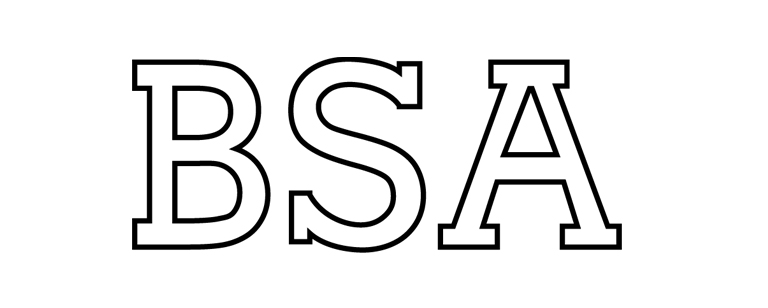 BROOKLYN STREET ART LOVES YOU MORE EVERY DAY
BROOKLYN STREET ART LOVES YOU MORE EVERY DAY